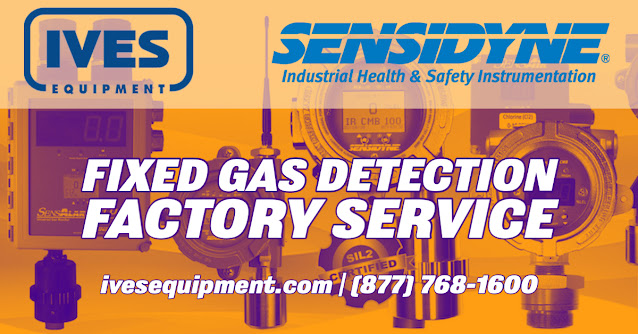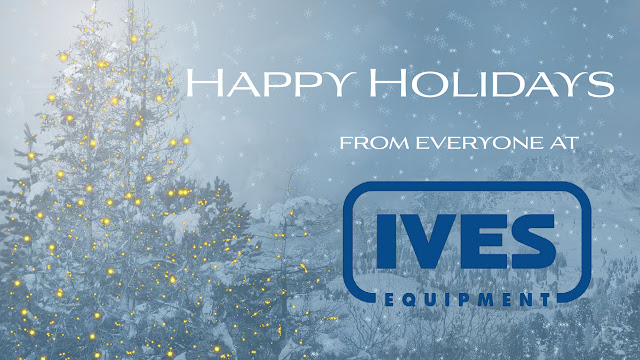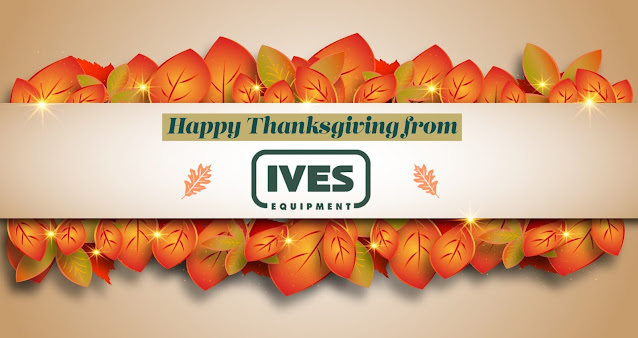When we think of gas detector calibration and how often it must be performed, it is dependent on many variables. First and foremost is determining if a gas sensor is out of calibration.
The best way to establish this is through a “bump” or functional test using a certified standard gas mixture of known concentration. If the device is functioning properly and still measuring gas within tolerance, calibration is unnecessary. Bump testing should be performed as regular maintenance on any gas detector. With the frequency depending on the sensor technology, manufacturer recommendations, specific company standard operating procedures and environment.
The two most common sensor types are NDIR and Electrochemical.
NDIR sensors tend not to drift and are calibrated prior to shipment. They require a bump testing frequency of 6 months or less to ensure performance is consistent. Calibration is only necessary if bump testing indicates the sensor is out of specification. Electrochemical sensors tend to drift over time and require bump testing every 3 to 6 months. Calibration is recommended annually or if bump testing indicates an out of spec sensor.
Due to the technology of electrochemical sensors, they will deplete over time and more rapidly if exposed to the target gas. They can also be poisoned if exposed to certain gases. If this is a risk, then bump testing more frequently is prudent. Calibration frequency can also be dependent on gas detector relevance. If it is a portable device, then it is pragmatic to bench calibrate before utilizing it in the field. If an area is planned to have significant traffic or work, then calibration should be performed for this event.
The sensor technology industry is constantly evolving, and with that newer sensors are assuring longer periods between calibration, or potentially no need to calibrate at all.
Using newly developed materials and software, sensors may last thousands of cycles without any performance decay, even if exposed to extreme environments or chemicals. The future is markedly promising.
Remember, the most important reason to calibrate your Vanguard Gas Detector is to provide accurate gas concentration readings in order that it could prevent illness, injury or death to personnel in the area. Your Vanguard may be exposed to extreme environments such as high or low temperatures, high or low humidity, or even harsh chemicals that may require more frequent calibration. With proper maintenance, your Vanguard can provide the safety your team deserves.
For more information about fixed toxic and flammable gas detection systems contact Ives Equipment. Call them at (877) 768-1600 or visit their website at https://ivesequipment.com.





